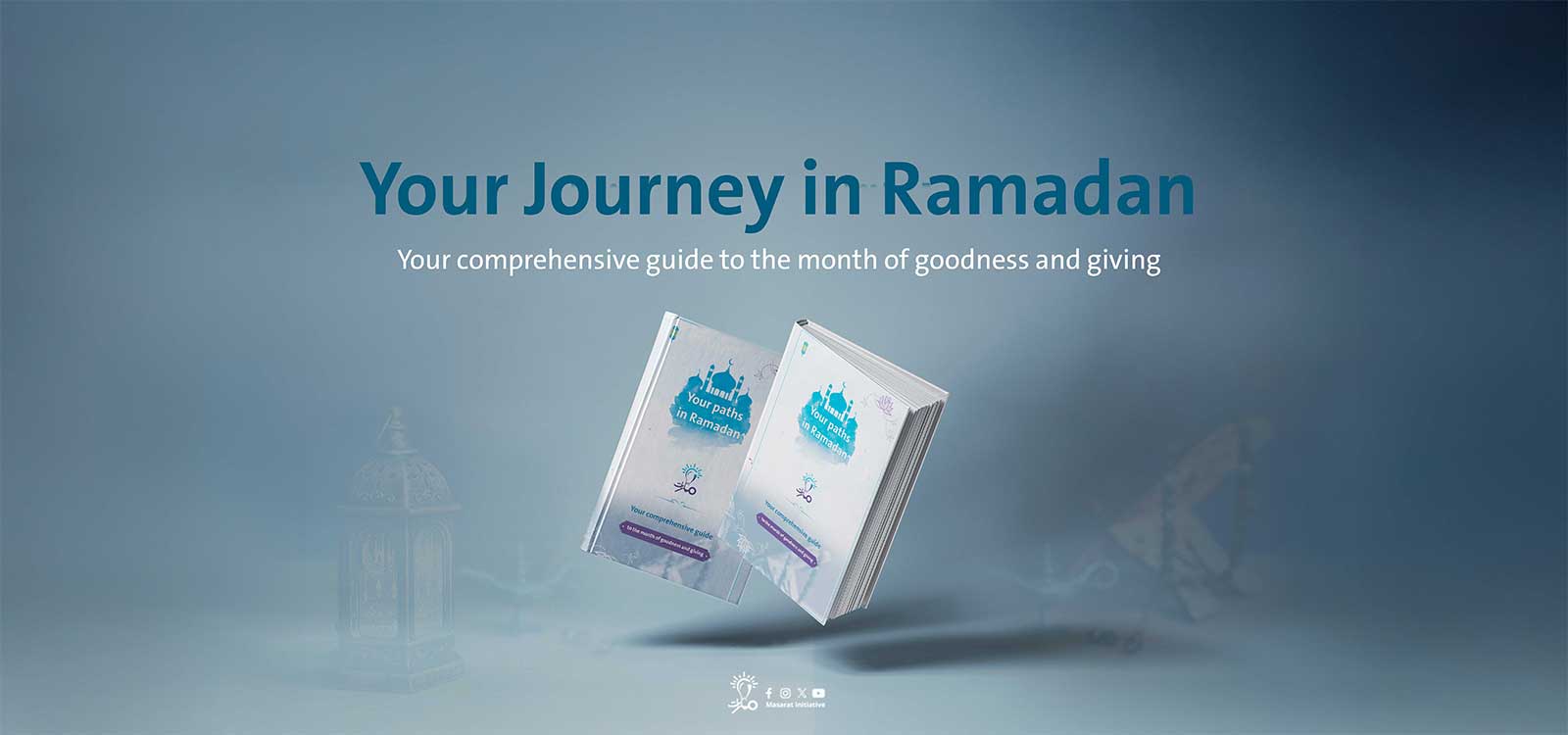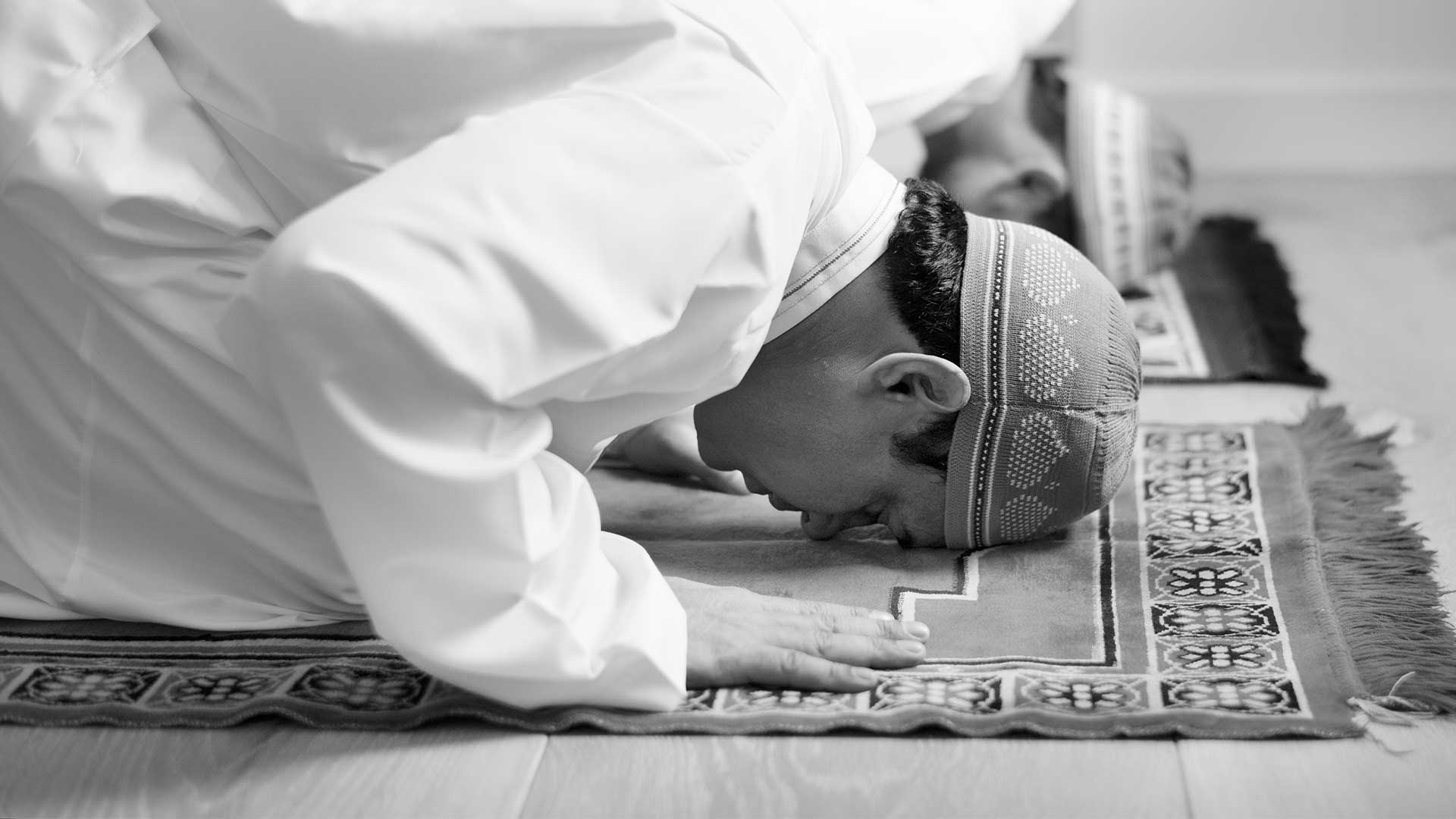Laylatul Qadr Hadiths give us a deep understanding of the virtues, signs, and best ways to seek this blessed night, whether through dua or Sadaqah Jariyah. It is a night when angels descend, mercy spreads, and the hearts of believers are filled with tranquility.
This article explores authentic hadiths about Laylatul Qadr, and the powerful supplications recommended for this night.
Hadiths About Laylatul Qadr
The Prophet Muhammad (SWT) emphasized the importance of seeking Laylatul Qadr and exerting extra effort in the last ten nights of Ramadan. He said: “Seek it in the last ten nights of Ramadan.” (Bukhari & Muslim)
The exact night remains unknown, but the Prophet (peace be upon him) indicated that it is likely in the odd-numbered nights: “Seek it in the last ten nights, on the odd nights.” (Bukhari)
He also encouraged his companions to seek it until the very last night of Ramadan, stating: “Search for Laylatul Qadr in the last night of Ramadan.” (Muslim)
Aisha (may Allah be pleased with her) narrated: “When the last ten nights of Ramadan arrived, the Messenger of Allah (peace be upon him) would tighten his waist belt, stay awake at night, and wake his family.” (Bukhari & Muslim)
Hadiths on the Merits of Laylatul Qadr
The reward of Laylatul Qadr is beyond imagination, as presented by various hadiths about Laylatul Qadr and its merits. The Prophet (peace be upon him) stated: “Whoever stands (in prayer) on Laylatul Qadr with faith and seeking reward, his past sins will be forgiven.” (Bukhari & Muslim)
The Quran itself confirms its greatness, stating: “The Night of Decree is better than a thousand months.” (Quran 97:3)
The Prophet’s teachings emphasize that sincere worship on this night erases past sins and grants immense blessings.
Hadiths About the Signs of Laylatul Qadr
While the exact date is hidden, the Prophet Muhammad (peace be upon him) described signs that indicate Laylatul Qadr: “Laylatul Qadr is a calm and pleasant night. It is neither too hot nor too cold, and the sun rises the next morning with a weak, reddish light.” (Ibn Khuzaymah)
In another narration: “The sun on the morning after Laylatul Qadr appears soft and without rays.” (Muslim)
Additionally, Ubayy ibn Ka’b (may Allah be pleased with him) reported: “The sign of Laylatul Qadr is that the sun rises the next morning with no visible rays.” (Muslim)
dua for laylatul qadr hadith
Aisha (may Allah be pleased with her) asked the Prophet (peace be upon him): “O Messenger of Allah, if I know which night is Laylatul Qadr, what should I say?” The Prophet (peace be upon him) replied: “Say: O Allah, You are Most Forgiving, and You love forgiveness, so forgive me.” (Tirmidhi)
This simple yet powerful dua should be recited frequently on Laylatul Qadr: Allahumma innaka ‘afuwwun tuhibbul ‘afwa fa‘fu ‘anni. Translation: O Allah, You are Most Forgiving, and You love forgiveness, so forgive me.







